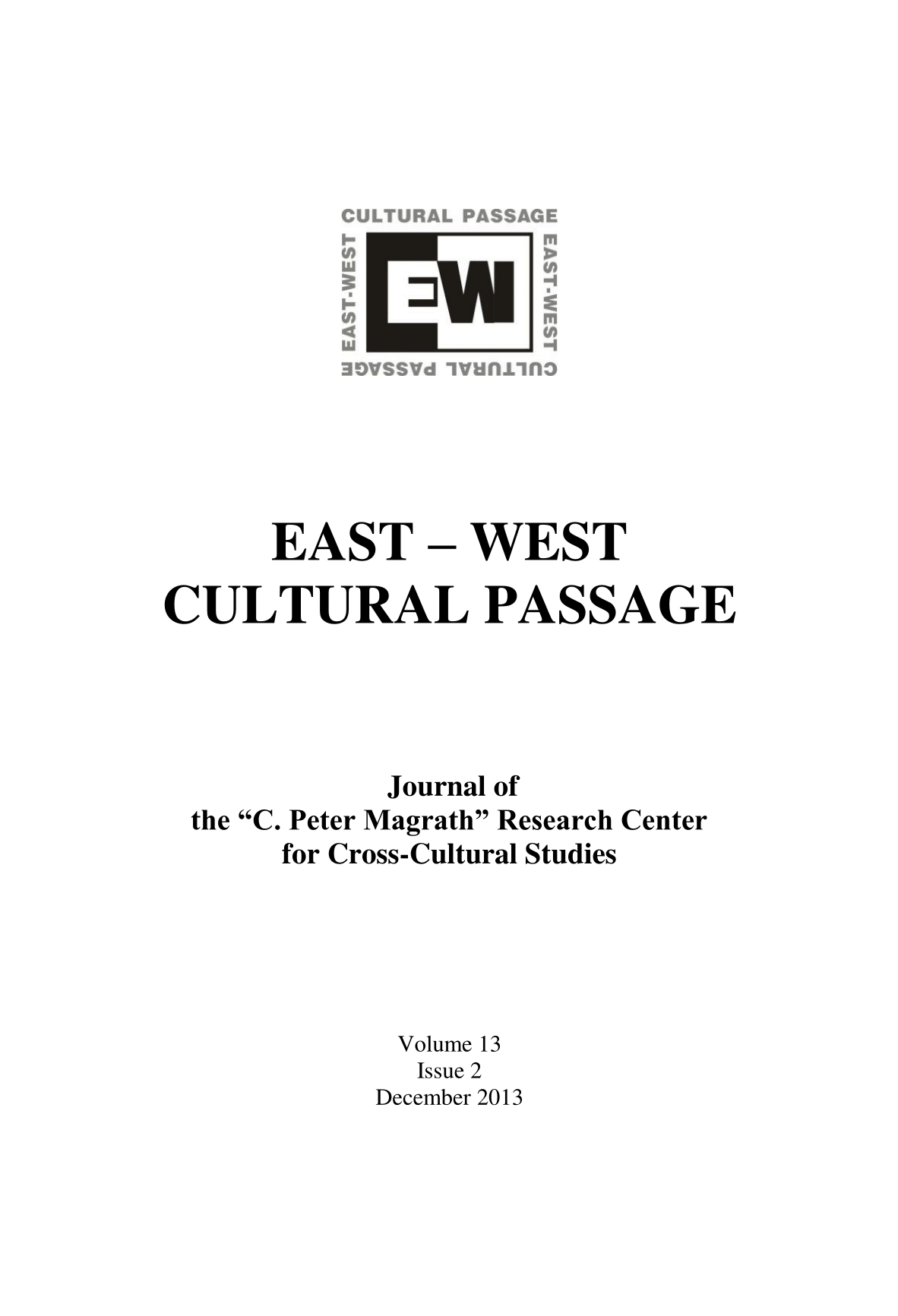Cultural Identity Crisis: A Colonialist Reading of Joyce's "The Sisters"
Cultural Identity Crisis: A Colonialist Reading of Joyce's "The Sisters"
Author(s): Roohollah Datli Beigi, Pyeaam AbbasiSubject(s): Studies of Literature, Novel, Short Story, Theory of Literature
Published by: Editura Universitatii LUCIAN BLAGA din Sibiu
Keywords: James Joyce; Dubliners; hybridity; Homi Bhabha; identity; “The Sisters”;
Summary/Abstract: James Joyce's collection of short stories, Dubliners, includes fifteen stories written from 1904 to 1907. The stories, that deal with the life of middle-class and lower middle-class Dubliners, raise the questions of Irish identity and cultural identity crisis. In Dubliners, the characters are represented in such a way as if they are unable to find out their Irish identity since they are affected both by the British empire and the Catholic Church of Ireland. By focusing on the first story of the collection, "The Sisters," this article uses Homi Bhabha's concepts of "hybridity" and "liminality" to depict the boy narrator's newly formed identity. It is argued that the unnamed boy narrator, seized between the two conflicting cultures of the colonizer and the colonized, is neither Irish nor British, and instead a "hybridized" subjugated subject standing in the so-called "third space" that is somewhere between these two clashing cultures. A detailed exploration of the boy narrator’s psyche and his relationship with Father Flynn―the Catholic priest―reveals the boy's identity crisis as well as the paralysis that is part of all the stories in Dubliners.
Journal: East-West Cultural Passage
- Issue Year: 13/2013
- Issue No: 2
- Page Range: 7-22
- Page Count: 16
- Language: English
- Content File-PDF

